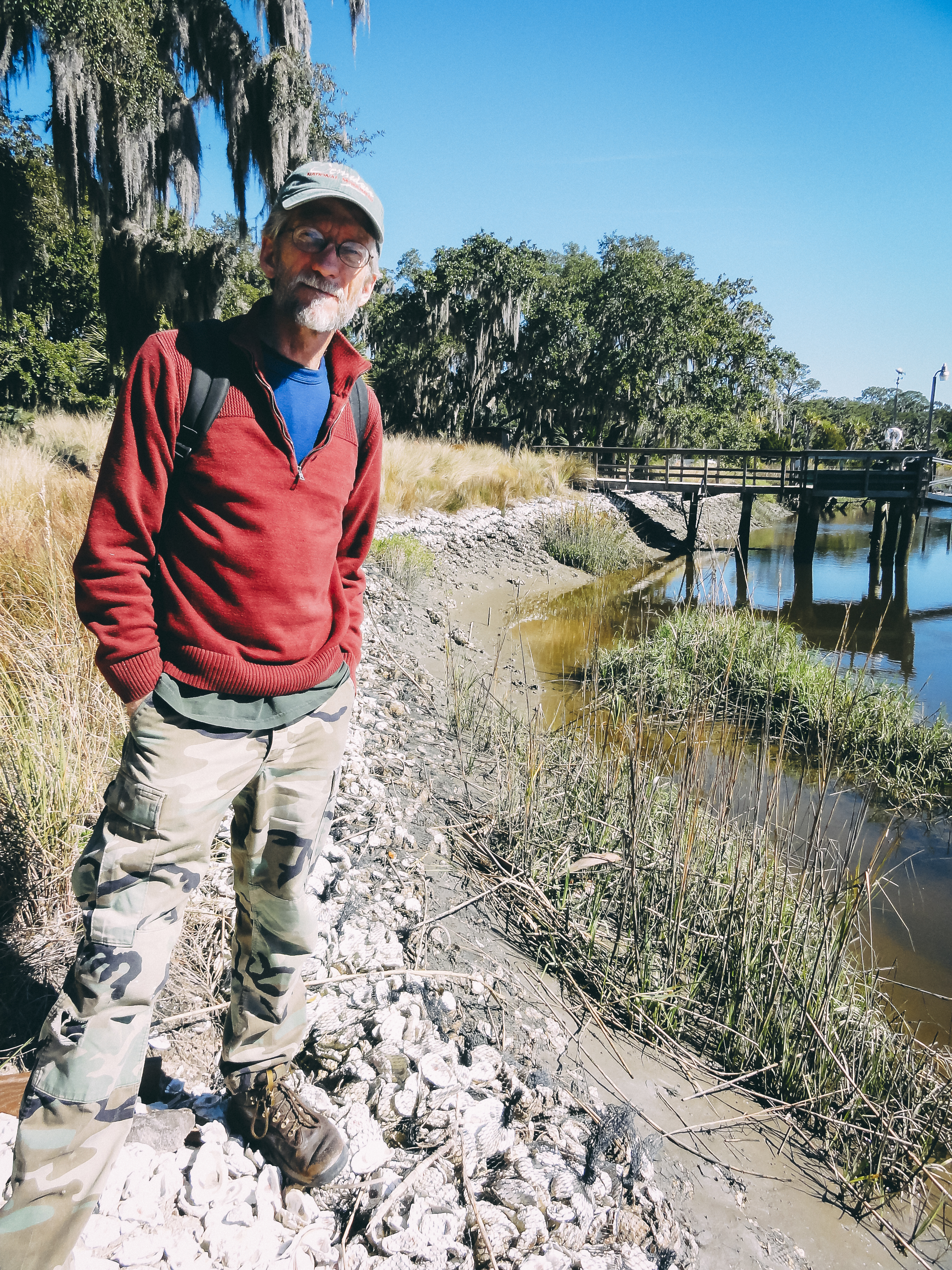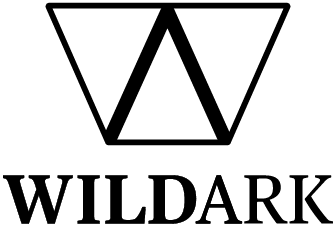“The marketplace is not a level playing field. It never was. But, as long as it’s being tilted this way and that, let’s try to tilt it in a way that helps the planet.”
In late 2018, Wade Harrison, the Director of Land Protection at The Nature Conservancy, visited WildArk’s office in Atlanta, Georgia as a part of our Intern Speaker Series.
The Nature Conservancy (TNC) is among the world’s largest environmental nonprofits—with 3,600 staff working in seventy countries worldwide and all fifty states of the United States. As Harrison explained, their presence is strongest in the United States, where almost every state has its own chapter and some have multiple. As such, TNC is historically somewhat decentralized, working with state governments and regional donors in unique and localized ways, while staying true to its guiding mission and adopting common strategies.
As rain hammered the Atlanta Beltline in torrents outside the doors of WildArk, Harrison shared brownies and conversation with Sydney Hulebak, WildArk’s Operations Manager, and a group of students from the nearby Emory University and Georgia Institute of Technology campuses.
WA: As Director of Land Protection, what sort of work have you done?
WH: Well, my job has a lot to do with land acquisition and conservation easements, which is acquiring the land or the rights to develop the land from private landowners. A lot of our work requires raising the funds to buy those lands, which we do with help from donors, foundations, corporations, and government grants.
But TNC does a lot more work than just land conservation. We’re also really involved in freshwater conservation actions. One of the central elements of that work is restoring aquatic connectivity, since so many of the natural watercourses of an ecoregion can be impounded, disconnected or broken up by human activities, whether intentionally or not. Studying how this happens, what its impacts are, and finding ways to fix it, is an important thing.
We’re also involved in land management and stewardship. You know, once land is acquired and protected, we still need to make sure it’s being managed properly. Fire management, in particular, is a big part of that management here in Georgia, where a lot of our natural lands require fire to be ecologically healthy.
WA: Let’s talk about a big part of what TNC does, conservation easements. How did that practice come about?
WH: We realized pretty early on that there’s not going to be enough money or willing landowners for us to just buy whatever we want to protect. At some point, you have to incentivize landowners to want to do the right thing. One way to do that is with conservation easements.
WA: What are conservation easements?
WH: A conservation easement is a legal restriction on land that provides a tax incentive for a landowner who chooses to donate that restriction voluntarily. In other words, they donate away their development rights to an entity like TNC who will extinguish them. At that point, the easement runs with the land forever. You permanently convey your rights to develop that land for as long as the land is around.

Wade at Little Saint Simons Island, working for TNC on a land conservation easement, which was eventually placed on the property.
WA: How do you convince landowners to give up their rights and any short-term benefits they might gain from the land?
WH: It can definitely be a hard sell for some people. My father was a “country lawyer” and used to say that you shouldn’t “reach your dead hand out from the grave” and dictate what your children do. But on the other hand, some people feel so strongly about their land that they don’t trust their kids, or whoever might own their land in the future, to do the right thing. A conservation easement gives landowners that flexibility to make their stewardship permanent with a financial incentive to do so—which might ultimately benefit their kids after all.
It might sound scary, giving something up for forever, and the tax incentive doesn’t work for everyone. In some cases, you can actually sell those development rights to TNC or another protective entity, put that money in a bank or invest it, and potentially make as much or more money than you would by selling or developing that land with no restrictions. To the extent you donate rather than sell, you get the tax write-off, and you still may come out ahead in the long run. Plus you’re helping the planet.
WA: You’ve spoken about working with the government, foundations, and corporations to raise funds for conservation. Is there a more grassroots level to TNC?
WH: We have over a million members who receive our mailings and magazines, many of whom make small, but important, monetary contributions to TNC. It’s difficult to raise funds for big projects through grassroots, but every little bit helps. For our broad membership, our efforts are as much about the relationship we can build with them as it is about the money we raise.
Here in Georgia, we do provide volunteer opportunities at our preserves and offices. And we’re also cultivating the next generation of conservations leaders through our own internship programs. Leaders in Environmental Action for the Future (LEAF) is a 4-week paid residential internship program for high school students that provides them with on-the-ground experience alongside conservation scientists in the field. Additionally, our GLOBE Internship Program is an annual 10-week paid summer internship program that prepares undergraduate or graduate students for successful careers in the environmental workforce.
WA: Have political currents affected TNC’s strategies?
WH: In 2008, I remember that there was a tremendous amount of optimism across the environmental community for new enlightened policy, given the emerging consensus about climate change and the controlling party’s view of environmental issues. All of a sudden, it seemed obvious to many that policy was how we’d fix everything. Of course, in 2010, political winds shifted, and a lot of that became less attainable. So, it’s important that we know how to work with many different political factions, in a more decentralized, state-by-state way. Look at California’s cap-and-trade system, or the one in New England, for example. We don’t have that policy framework in Georgia, but we do have tremendous investment in solar energy. Therefore, we can do things in a more creative, place-based way, not necessarily top-down.
WA: Speaking of place-based, the Georgia Outdoor Stewardship Amendment (GOSA) passed on Tuesday [November 6th]. How does that impact your work?
WH: We and others have worked a long, long time to pass something like GOSA. There are similar policies already in place in South Carolina, Alabama, and Florida. What it does is creates a dedicated pool of funding for land conservation projects. We [TNC] have been able to create ad-hoc avenues of funding ourselves, but to have this treasure chest to fall back on is so important—and it passed by 83%. That’s a mandate as far as I’m concerned. That should put this above partisan politics.
WA: Does TNC itself ever get very political?
WH: No. We work with the government, with corporations, with private landowners, not against them in the media or in litigation. We try to say, “Look, we’re sure there’s a solution here, so let’s bring everyone together and talk.” We don’t want to get weighed down by the polarized political environment. Nature unites us.
